
ANNOUNCEMENTS

With the increased pace of urbanisation and cities being the major contributors towards the process, the Smart Cities Mission adopted in the year 2015 in India is an initiative that aims to efficiently and effectively tackle the challenges related to urbanisation. Planning for a Smart City is intrinsically linked to smart transportation, better environment, modern adaptive technologies in all the spheres of city growth and management. These modern developments in the urban sector, pose the need for the job profile of future city mangers to have diverse skill sets and enhanced knowledge base. This also poses a strong demand of urban professionals who are well versed with the required skills and knowledge to adapt to the use of modern technologies in making cities smart.
With this perspective in mind the present programme of M Tech UDM is designed in train the future urban professionals of the country in lines with the existing need of the hour. This programme is a unique program in the country which is offering a blend of theoretical knowledge and practical experience to the students such that once the students move out of the academic institution they are in a position to face the real life situation with a strong knowledge and understanding of these situations and in turn providing the correct solution to it. It aims to create a cadre of professionals who are trained in the different urban development and management domains including smart cities, urban housing, urban sustainable transport, disaster management and resilience, energy conservation, building energy, green buildings.
Besides, the exclusive feature of the project where the students work in the Urban Local Bodies as part of their minor project also allows the students to build an understanding of the urban scenarios and functionality in turn imbibing the skills that are necessary for the real life experience. The Alumni of the M Tech UDM programme have been contributing significantly in the different domains of urban profession working as Research Associate, Consultants, Analysts, Business Development Executive, ESG Analyst, Project Manager, and Academician. Our top recruiters include TERI, IPE Global, KPMG, Cushman & Wakefield, Ernst & Young, Tata Trusts, CEEW, Housing.com, National Institute of Urban Affairs, Administrative Staff College of India.
The MTech programme in Urban Development Management (UDM) at the TERI School of Advanced Studies launched in July 2013 seeks to develop a cadre of urban practitioners trained in sustainable urban development agenda with a distinctive multi-disciplinary approach. The programme equips students with cutting-edge technical skills like data modelling, managerial capabilities, and understanding of socio-economic, environmental, and legal issues associated with urban development and associated sectors such as transport, housing, solid waste management, services and infrastructure. The students gain hands-on experience of tools and software (such as STATA, ARCMAP, ERDAS engine, eQUEST and METRONAMICA) required to support evidence-based decision-making.
The graduates of the MTech (UDM) programme would be able to,
• Empowered with knowledge and skillsets in the field of sustainable urban development management.
• Enable students contribute meaningfully as urban professionals, ensuring sustainable urban development and management.
• Utilise statistical, financial and geoinformation tools for analysing urban development issues, assess available solutions and provide innovative solutions.
• Work with diverse teams within and beyond government functionaries towards creating relevant policy recommendations and solutions to pertinent urban issues.
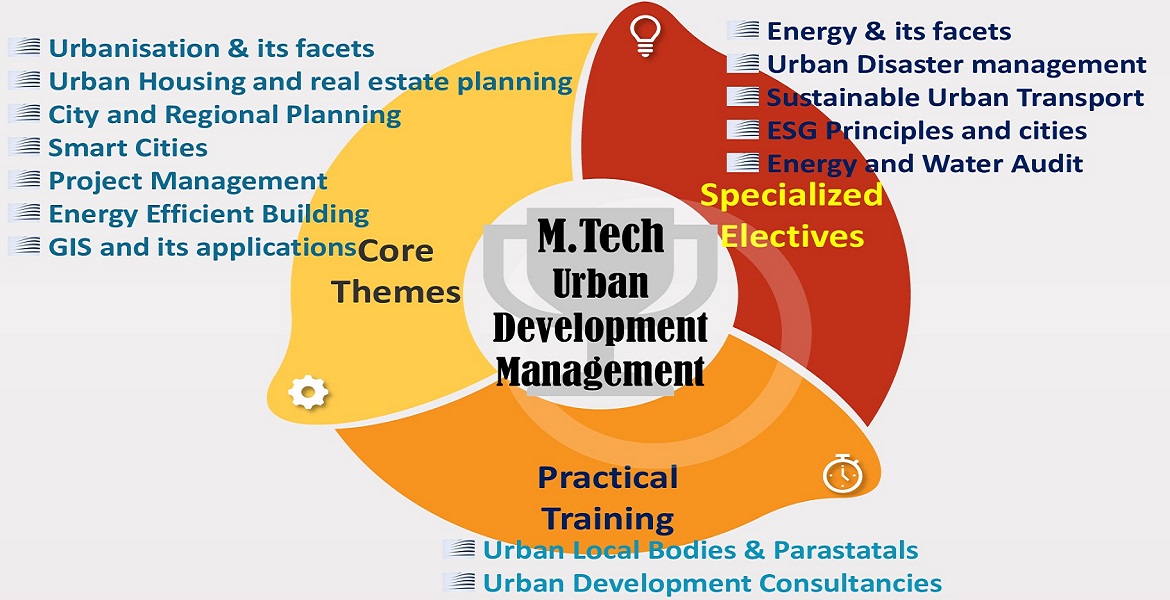
The programme enables students to gain exposure of working in urban local bodies and parastatals in third semester and urban sector consultants in fourth semester through internships.
Key learning from internships at Municipal Corporations (such as finance, engineering, and town planning), Smart Cities Special Purpose Vehicles and Parastatals.
"It gives me immense pleasure to say that the work done by TERI SAS students, are remarkable during their short stay at North DMC, given the time constraints and the magnitude of work. Their dedication and sincerity towards the work assigned is appreciable. I assume, TERI SAS will continue to imbibe the spirit of sincerity and quality work among its students."
Dr. Dinesh Kumar Kathpalia
Assistant Engineer - Civil, DEMS, North DMC
Key learning from internships at organizations associated with urban sector
| Project Title | Partner City Organisation |
| Assessment of Public Green Spaces Developed under Smart City Mission- New Delhi Municipal Council (2017-2019) | New Delhi Municipal Council |
| Slum Waste Management: Area Based Development under Pune Smart City Projects (2017-2019) | Pune Smart City SPV |
| Town Planning Scheme-Pardi, Punapur, Bharatwada, Bhandewadi no. 1, Nagpur (2017-2019) | Nagpur Municipal Corporation |
| Feasibililty Studies for Development of Cultural Complex in Fort Kochi; Background Study for Integrated Slum Redevlopment in Mattancherry (2017-2019) | Kochi Smart City SPV |
| Sustainable Approach to Solid Waste Management (2016-2018) | Gurugram Municipal Corporation |
| Preperation of Comprehensive Conservation Management Plan of Mehrauli Archeological Park, New Delhi (2016-2018) | Delhi Development Authority |
| Smart Elements in PAN city initiative and Electric buses in area based development (2016-2018) | Pune Smart City Development Corporation Limited |
| Transformation of subways in Connaught Place into vibrant spaces (2015-2017) | North Delhi Municipal Council |
| Assessment of Non-Revenue Water and Reduction Plan for Non-Revenue Water in Panaji, Goa (2015-2017) | Goa State Infrastructure Development Corporation Limited |
| No Open Waste by Segregation of Waste at Source and C & D Waste Management for Gurgaon City (2015-2017) | Municipal corporation Gurgaon |
| Non-Revenue Water (NRW) analysis through District Metered Areas (DMAs) (2015-2017) | Delhi Jal Board |
| Marketing of Municipal solid waste treatment products in Faridabad (2014-2016) | Municipal Corporation of Faridabad |
| GPS based mapping of waste receptacles of North DMC and Feasibility study for reclamation of land at Bhalswa Landfill site (2014-2016) | North Delhi Municipal Corporation |
| Impact of Insanitary Conditions on Public Health in EDMC area (2014-2016) | East Delhi Municipal Corporation |
| Department Functioning of SDMC & Comparative Study of Urban Water Supply in Unauthorised and Regularised Colonies (2013-2015) | South Delhi Municipal Corporation |
| Ground Water Governance And Management For The City Of Faridabad (2013-2015) | Municipal Corporation of Faridabad |
| Urban Village Redevelopment & Rejuvenation Strategy: Case of Gurgaon (2013-2015) | Municipal Corporation Gurgaon |
| Debt-Based Infrastructure Financing In India: A Case Of Pune Municipal Bond (2018-2020) | Niti Aayog, New Delhi |
| Is Affordable Housing Adequate? Evidence From Hyderabad, Telangana (2018-2020) | Centre for Science and Environment, New Delhi |
| Investigating The Possibility Of Integration Of Organized Retail Spaces And Street Vending Activities: Case Study Of Sdmc, Delhi (2018-2020) | Knight Frank India, Gurugram, India |
| Practises, Problems, And Prospects In The Formulation Of Gis-Based Master Plan In The Context Of Rameswaram City (2019-2021) | Deutsche Gessellschaft Fur Internationale Zusammenarbeit (GIZ) GmbH |
| Assessing Accessibility For Persons With Disabilities In Public Buildings Of Delhi: Case Study Of Central Delhi And New Delhi (2019-2021) | Geostat Informatics India Pvt. Ltd. |
| An Assessment Of Plastic Waste Market In Delhi: A Case Study Of Tikri Kalan (2019-2021) | Veolia India Private Limited, Noida |
My experience during M.Tech. (Urban Development Management) has been full of enhanced learning and great exposure. The facilities here have nicely curated the curriculum which transforms the students into professionals who excel at the level of both-Industry as well as research organizations.

TERI SAS is a pioneer institute which promotes sustainability and MTech UDM programme offers real world experience aligned with conceptual understanding of urban issues. The programme helps to develop critical understanding of the urban problems and their possible solutions. It also enables a student to gain a variety of advanced skills, statistical, analytical, and also software skills like GIS. The programme through its two extensive internships also provides an opportunity of working with government institutions, consultancies and NGOs and use these skills to solve real world problems.
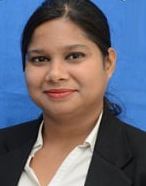
“The MTech programme in Urban Development and Management (UDM) at TERI School of Advanced Studies has helped me to develop a holistic understanding of the urban sector in India. The courses gave me an exposure to theoretical aspects, practical projects as well as field work. The programme consists of two extensive internships that cover urban local bodies, parastatals, NGOs and private consultancies in the third and the fourth semester. This one of its kind practical experience imparted me with hands-on understanding of complex urban problems and their solutions. The time spent during the programme prepared me to venture into the complex urban development sector.”

TERI School of Advanced Studies has been a catalyst in our entrepreneurial journey. In its Capacity it has contributed with more when we could ever expect from any university. I joined TERI to test & give my best to research on solid waste management challenges. TERI provided us the platform to network with experts and policy makers for their advice on our technology and business plan. One should join TERI to explore his/her capabilities with experimental work under the guidance of Inter disciplinary Faculty.

TERI University offers programme with unique perspective and experiences. This course on urban development and management gave field exposure in form of internship with government and private organisations, along with theoretical understandings. It enabled me to realise and understand the main issues related to urban development and provide appropriate solutions to the same.

Teri University has been a catalyst in our entrepreneurial journey. In its capacity, it has contributed more than we expect from any university. I joined TERI to test & give my best to research on solid waste management challenges. TERI provided us the platform to network with experts and policy makers for their advice on our technology and business plan. One should join TERI to explore his/her capabilities with experimental work under the guidance of Inter disciplinary Faculty.

"The MTech UDM programme at TERI SAS was an eye opener offering multiple perspectives on urban development. This emanates from the combination of interdisciplinary courses and opportunity to work with classmates having multi-disciplinary background. With a focus on research combined with technical tools used in practical assignments and internships, a wide array of learning is gained in the field of urban development. This is the ultimate advantage which one holds in comparison to others in the job market.”

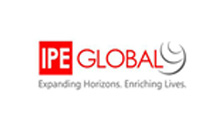
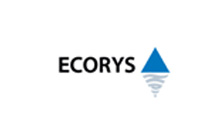
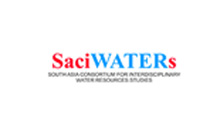
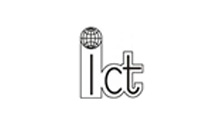
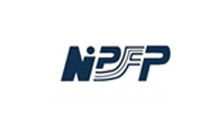
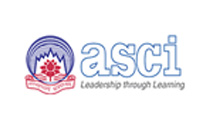
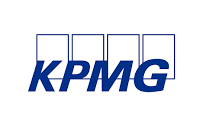
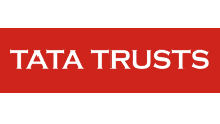











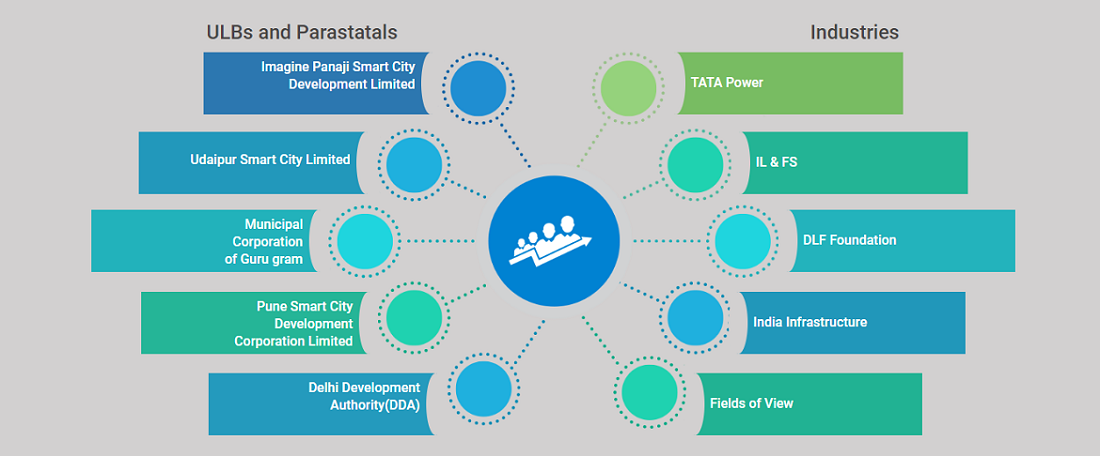
| Year | Courses | Credits | Duration* |
|
| First Year | ||||
| 1st Semester | 8 core courses | 22 | 15 weeks | |
| 2nd Semester | 7 core courses | 19 | 15 weeks | |
| Second Year | ||||
| 3rd Semester | 12 credits from Major Project Part 1 + 2 credits from 1 Core Course and 4 credits from 2 Electives Courses |
18 | 15 weeks | |
| 4th Semester | Major project part 2 | 16 | 15 weeks | |
* Does not include mid and end-semester breaks and evaluation schedules (based on major and minor tests and assignments)
| Semester 1 | ||||||
| Course No. | Course Title | Type | Number of Credits | No. of L-T-P | Course Coordinator | Course Offered |
| MEU 123 | Urban Finance | Core | 3 | 40-2-6 | Yes | |
| MEU 143 | Urban governance | Core | 3 | 37-8-0 | Yes | |
| MEU 161 | Theories of Urbanisation | Core | 3 | 32-10-6 | Yes | |
| MEU 163 | Sustainable Provision and Management of Urban Services | Core | 3 | 29-12-8 | Prof. Shaleen Singhal | Yes |
| MEU 167 | Urban Development Policies and Programmes | Core | 3 | 35-10-0 | Yes | |
| MEU 173 | Stochastic modelling | Core | 4 | 42-18-0 | Prof. Prateek Sharma | Yes |
| MEU 175 | Introduction to GIS | Core | 1 | 9-0-12 | Yes | |
| MEU 179 | Geoinformatics for urban development | Core | 3 | 22-12-22 | Yes | |
| NRE 106 | Communication skills and technical writing | Core | 2 | 16-14-0 | Yes | |
| Semester 2 | ||||||
| Course No. | Course Title | Type | Number of Credits | No. of L-T-P | Course Coordinator | Course Offered |
| MEU 121 | Urban Ecology and Environment | Core | 3 | 35-6-8 | Yes | |
| MEU 152 | City and Regional Planning and Management | Core | 3 | 36-6-6 | Yes | |
| MEU 154 | Regeneration and City Competitiveness | Core | 2 | 24-4-4 | Prof. Shaleen Singhal | Yes |
| MEU 172 | Geoinformatics for Urban Development | Core | 3 | 23-4-36 | Yes | |
| MEU 177 | Qualitative Research Methodology for Urban Studies | Core | 2 | 18-8-8 | Yes | |
| MEU 184 | Real Estate Development | Core | 3 | 36-0-18 | Yes | |
| NRG 103 | Project management | Core | 3 | 30-15-0 | Dr Amit Moza | Yes |
| Semester 3 | ||||||
| Course No. | Course Title | Type | Number of Credits | No. of L-T-P | Course Coordinator | Course Offered |
| MEU 102 | Major Project Part 1 | Core | 12 | 0-0-360 | Yes | |
| MEU 112 | Energy efficient buildings | Elective | 2 | 22-0-16 | No | |
| MEU 144 | Sustainable Urban Transport | Elective | 2 | 24-6-0 | Yes | |
| MEU 162 | Urban Disaster Management and Climate Resilient Cities | Elective | 2 | 20-6-8 | No | |
| MEU 168 | Urban housing policy and practice | Elective | 2 | 26-0-8 | Yes | |
| MEU 178 | Urban Water Supply and Wastewater | Elective | 2 | 28-0-4 | Dr Ranjana Ray Chaudhuri | No |
| MEU 183 | Urban systems modelling | Core | 2 | 22-0-16 | Yes | |
| Semester 4 | ||||||
| Course No. | Course Title | Type | Number of Credits | No. of L-T-P | Course Coordinator | Course Offered |
| MEU 104 | Major Project Part 2 | Core | 16 | 0-0-480 | Yes | |
For past program/course outline see: Archive M.Tech (Urban Development Management)
The choice of pedagogical tools is based on the principle of active learning through strong conceptual understanding. These comprise classroom lectures, case studies, field visits, term papers, assignments and tutorials, a large number of lectures by practitioners and experts, seminars and discussion forums. In particular, case studies drawn from real-world urban development and management challenges are integrated into the curriculum.
Across the diverse set of core and elective courses the M Tech Urban Development Management programme adopts an interdisciplinary approach for students to examine complex urban issues. This is dealt through research-led course assignments integrating field study component wherever applicable. The students are provided hands on experience of tools and software like STATA, ARCMAP, ERDAS engine, eQUEST and METRONAMICA that they apply across courses to develop skills on evidence-based decision-making.
_Pedagogical.png)
Plot No. 10, Institutional Area, Vasant Kunj, New Delhi - 110 070, India.
Tel. +91 11 71800222 (25 lines).
Website : www.terisas.ac.in
Email id : registrar@terisas.ac.in
© Copyright © 2025, TERI SAS, All rights reserved.
Visitors No.: 47173063 Since 2023


